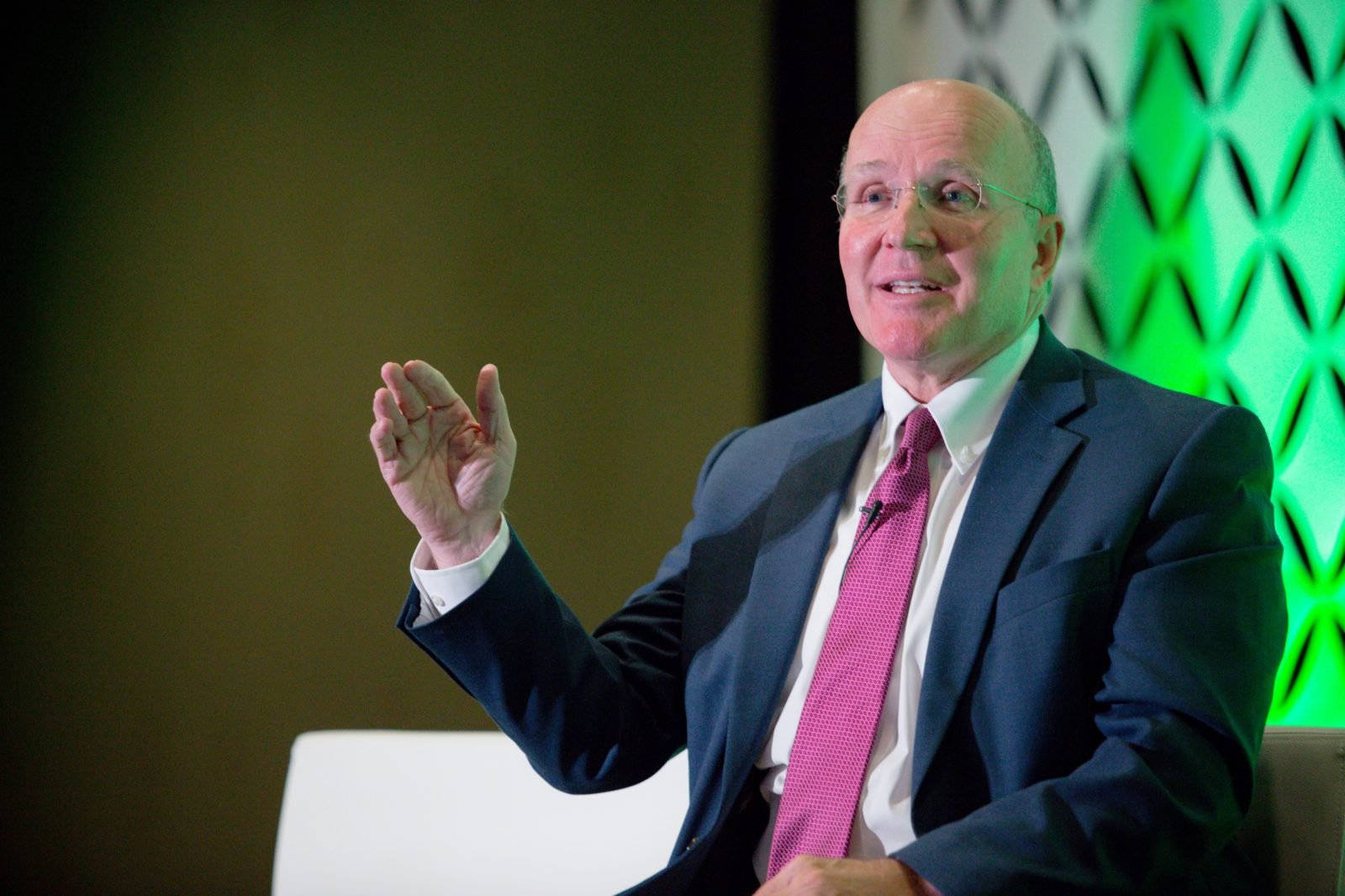Segment One
What a month! Donald Trump wins the presidency and the Cubs win the World Series.
Theo Epstein broke the curse of both the Red Sox and the Cubs. Ed thinks he destined for the Baseball Hall of Fame.
The prediction markets, Nate Silver, and the polls got the election wrong. They all reinforced each other and it was a classic example of an echo chamber.
Only three polls got the results right, and one private pollster: Investors Business Daily, Los Angeles Times, and Trafalgar. The private pollster was working for the Trump campaign, John Mclauglin of the Hoover Institution.
Is the election result similar to the 1961 World Series, when the Pirates beat the Yankees in four games, even though the Yankees outscored them overall?
If we scrapped the Electoral College, it’s a static analysis to argue that Hillary would have won. The election dynamics would have been different, with the candidates spending time differently in different states.
Segment Two
Did Trump receive a mandate?
Have the Democrats been reduced to a bi-coastal party?
The plurality of Americans voted for no one, which has always been the case.
Either way, voting is a flawed way to make decisions.
Imagine making decisions on whom to marry, what car to buy, where to live, your job, by popular vote.
Maine passed a law allowing for rank-choice voting.
Ed explained Approval Voting and N/3 Analysis as a way for organizations to make better decisions than simply majority or plurality voting.
Segment Three
Author of The Last Campaign: How Presidents Rewrite History, Run for Posterity & Enshrine Their Legacies, Anthony Clark appeared in this segment to discuss the Obama Presidential Library.
The Obama Presidential Library site has been selected: Historical Jackson Park, Chicago, Illinois, expected to open in 2021.
However, the records will be out in 2121—it takes 100 years for the National Archives to process and release all the records. More emphasis is placed on opening the museum to promote the legacy rather than hiring archivists to process records.
The Reagan Library opened in 1991 and they still haven’t processed 75% of the records yet.
Segment Four
“I’d like to die on Mars. Just not on impact.”
On September 27, Musk outlined his plans to colonize Mars within 10 years:
100 passengers @ $200K each
The journey will take 6 months
It’s a hedge against Earth-bound extinction. Stephen Hawking, among others, believes we are all sitting ducks for a supervirus, malevolent AI, nuclear war, etc.
The Economist called this view “Claptrap.”
Living on Mars would be difficult: Need pressurized buildings, communication with Earth would be tedious, you’d have to recycle nutrients and waste, etc. Biosphere 2 in the 1990s was quickly abandoned as impractical for some of these reasons.
Musk also said the government would have to open its checkbook.
Cool, but why should we all pay for it?
Musk might be more impressive to show results here on Earth first, perhaps by turning a profit in one of his three enterprises.
$1.3B Tesla subsidies
Export/Import Bank subsidized payloads for SpaceX launches
$4.9B in total subsidies over the past 10 years, according to the Heritage Foundation (approximately 50% of Musk’s wealth).
“Quick and Dirty,” The Economist, October 8, 2016
Short-Termism is a problem?
The average holding period of shares is 200 days
Managers are perceived to be harried to meet targets in one year or less
This is not a helpful lens: the same system that’s poured capital into Tesla, Uber, Twitter, Amazon, etc., is accused of short-termism.
America is the most hyperactive market with the best-performing economy, and with dominant firms.
S&P has a new index, and it claims to track firms with a long-term focus.
Three out of ten of its largest holdings are cigarette firms, which may outlive their customers for all the wrong reasons.
The tension between short-term vs. long-term is what makes capitalism tick.











